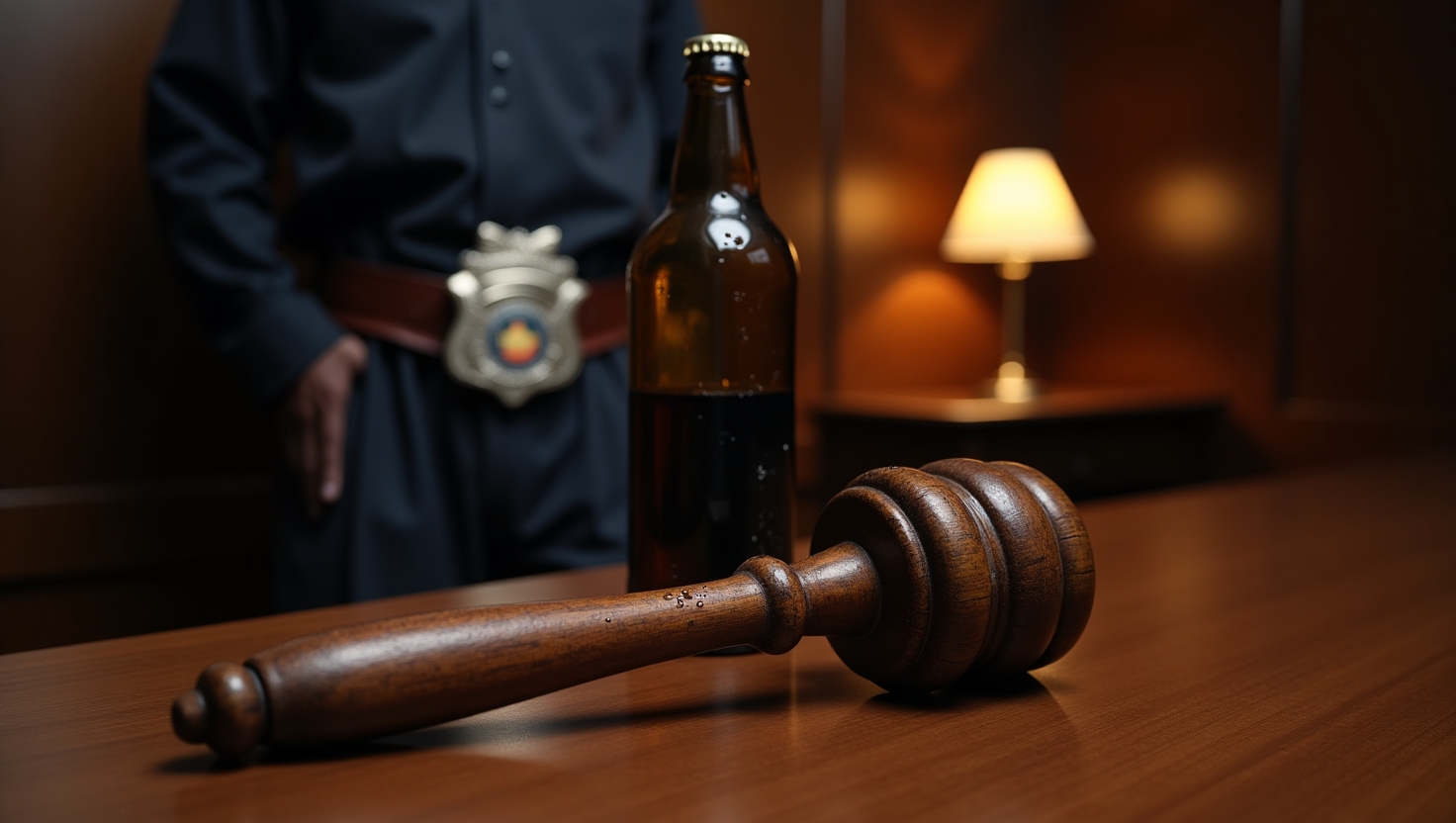Break Alcohol laws in the U.S. aren’t just suggestions—they’re enforceable rules that come with real consequences if you break them. Whether it’s underage drinking, driving under the influence, or public intoxication, violating these laws can lead to serious legal trouble. This guide walks you through what can happen when alcohol laws are broken, what penalties to expect, and how these laws vary by state.
Common Alcohol Offenses in the U.S.
Here are some of the most frequently violated alcohol laws:
- Underage Drinking: Consuming alcohol before the age of 21.
- Using a Fake ID: Attempting to buy alcohol with false identification.
- DUI/DWI: Driving under the influence of alcohol or drugs.
- Public Intoxication: Being visibly drunk in public spaces.
- Open Container Violations: Having open alcohol in a vehicle or public area.
- Providing Alcohol to Minors: Giving or selling alcohol to someone under 21.
Legal Consequences: What You Could Face
1. Fines
Most alcohol-related offenses come with a monetary fine. These can range from $100 for a first-time public intoxication charge to several thousand dollars for repeat DUI offenses.
2. Jail Time
Some violations, particularly DUIs or furnishing alcohol to minors, may carry jail time. For example, a DUI first offense could mean 24 hours to several months in jail.
3. License Suspension
If you’re caught drinking and driving, expect your driver’s license to be suspended for a period ranging from 30 days to over a year, depending on your state and the severity of the offense.
4. Probation
Instead of jail, courts may sentence offenders to probation, which includes regular check-ins and restrictions on alcohol use.
5. Mandatory Education or Treatment
Courts often require offenders to attend alcohol education or rehabilitation programs, especially for underage drinkers and DUI offenders.
6. Community Service
You may also be ordered to perform community service as part of your penalty.
State-by-State Differences
Each state has different penalties. For example:
- California: First-time DUI offenders face up to 6 months in jail and a $1,000 fine.
- Texas: Providing alcohol to a minor is a Class A misdemeanor with up to a year in jail.
- Florida: Open container violations can result in a fine of up to $500.
Always check your local laws for specific penalties.
Long-Term Consequences
Breaking alcohol laws can have consequences beyond the courtroom:
- Criminal Record: A misdemeanor or felony on your record can affect employment, housing, and college applications.
- Increased Insurance Rates: DUI convictions often lead to higher auto insurance premiums.
- Academic Consequences: College students may face suspension, expulsion, or loss of scholarships.
What To Do If You’re Charged
If you’re charged with an alcohol-related offense:
- Don’t panic, but take it seriously.
- Consult a criminal defense attorney, especially for DUI or supplying alcohol to minors.
- Show up to all court appearances and follow all conditions of bail or release.
Final Thoughts
Understanding alcohol laws isn’t just about avoiding trouble—it’s about being a responsible member of society. Whether you’re a teen, college student, or adult, staying informed can help you steer clear of legal issues that can follow you for years. Know the laws, follow them, and encourage others to do the same.


